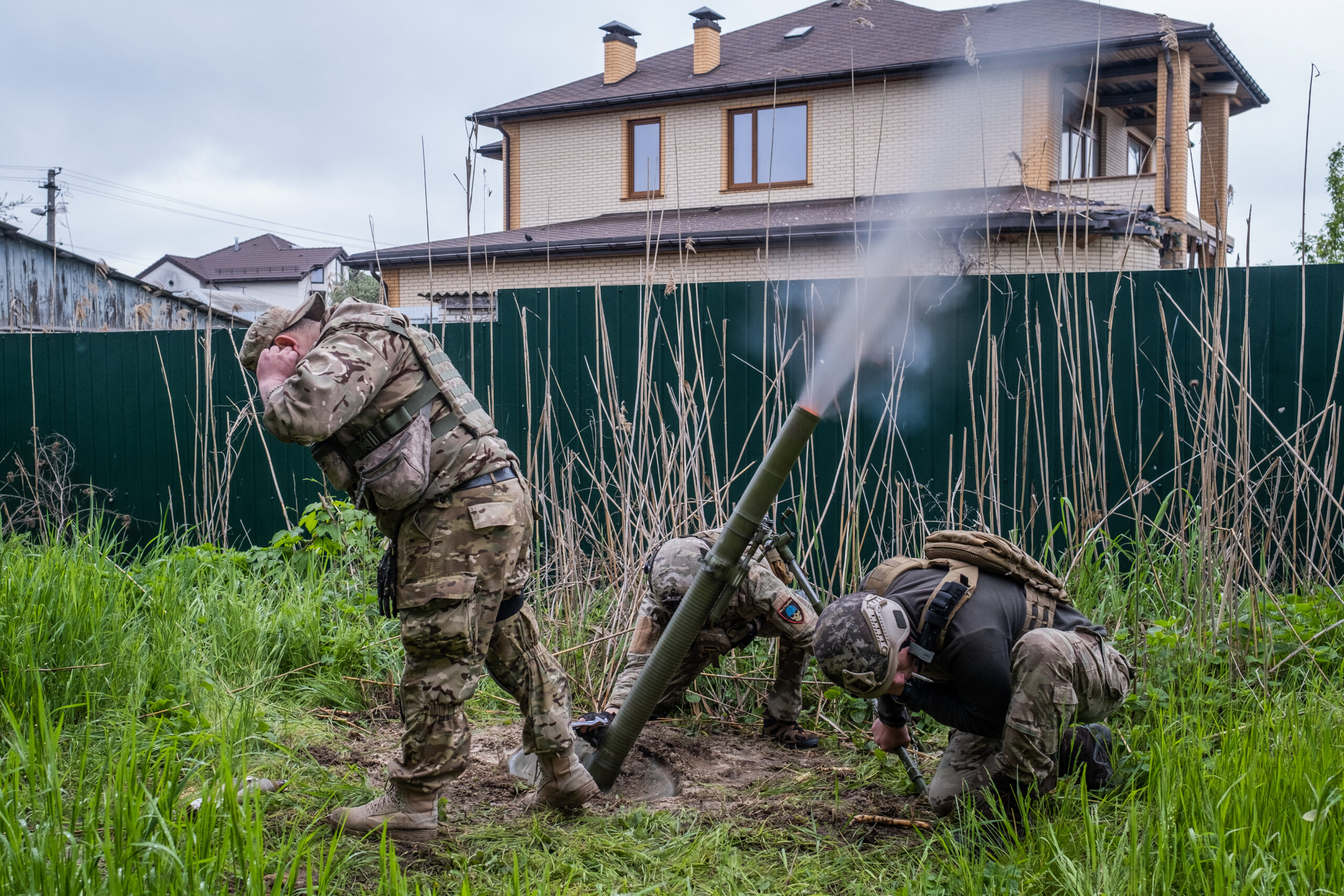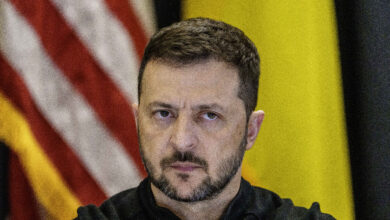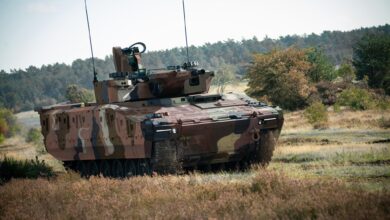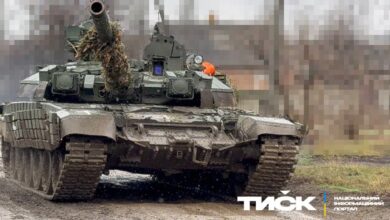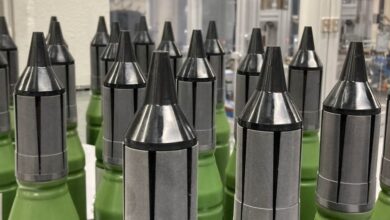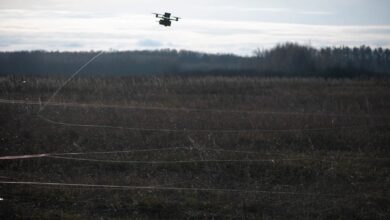The European Parliament on Tuesday voted to hand war-torn Ukraine a loan of up to 35 billion euros ($38 billion) backed by profits from frozen Russian assets.
Kyiv is desperate for funds as it seeks to prop up its economy, equip its military, and keep its electricity grid functioning this winter after intense bombardments by Moscow’s forces.
The European Union loan — which was approved by an overwhelming majority of lawmakers — is part of a bigger $50 billion initiative agreed by G7 powers in June.
The EU is the first of the G7 powers to announce how much it is putting forward as its share of the plan and is still waiting for the United States and others to do their part.
EU justice commissioner Didier Reynders said other G7 countries are expected to unveil their contributions at a Washington meeting on Friday.
EU officials say the size of the bloc’s loan was up to 35 billion euros, but could decrease depending on how much other countries put forward.
The EU has frozen roughly $235 billion of Russian central bank funds since the Kremlin launched its invasion of Ukraine in 2022, the vast bulk of immobilized Russian assets worldwide.
About 90 percent of the funds in the EU are held by international deposit organisation Euroclear, based in Belgium.
The G7 plan seeks to leverage interest earned on the assets to get more funds to Ukraine and will replace an existing EU scheme that funneled $1.7 billion to Kyiv in July.
Implementing the G7 loan has been delayed, as the United States sought guarantees from the EU that the Russian assets would remain frozen.
Currently, EU members have to agree every six months to extend the asset freeze.
Hungary rejected a proposal to extend that period to 36 months, arguing it wants to wait until after the US presidential election in November.
The latest EU loan comes on top of roughly 120 billion euros of support that officials say the EU and its member states have provided to Kyiv since Russia’s invasion.

